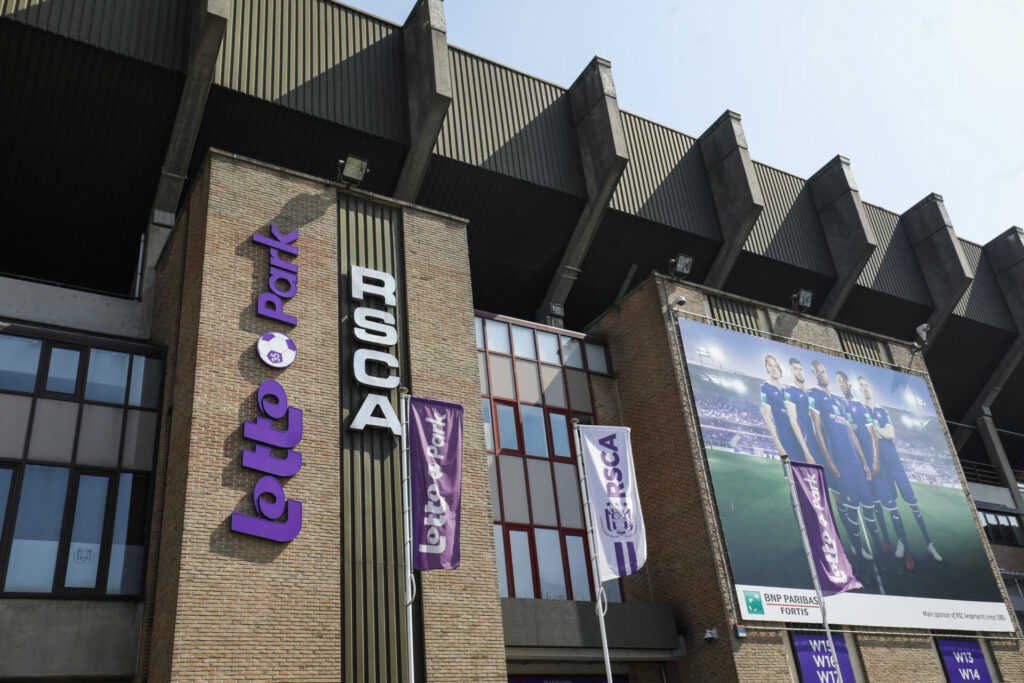Belgium's Justice Ministry and the country's leading sports leagues are at loggerheads over the Federal Government's plan to ban gambling advertisements, with the sports sector set to take legal action against the ban.
"This measure cannot be reversed," Belgian Justice Minister Vincent Van Quickeborne stated on Friday of his plan to heavily restrict gambling advertisement in the country from 2024 onwards, amidst attempts by Belgium's sports sector to have the ban dropped.
In a joint declaration released on Thursday, representatives of Belgian football, hockey and basketball stated their opposition to the measure, which would result in gambling advertising being banned on TV channels, radio stations, cinemas, magazines and newspapers as well on posters in public spaces.
A ban would result in a significant loss of revenue for their sector, they say, all while "going against the desired goal" of protecting supporters from falling into gambling addiction. This has forced them to go to court over the ban, in the hope of achieving a "strong legal framework in the field of sports betting that includes clear agreements on its promotion."
Moreover, the sporting heads bemoaned a lack of consultation by the government, explaining that they want to "be an ally in communicating responsible gaming policy."
Related News
- De Croo defends ban on gambling ads
- Belgian football association CEO fired for raising his own salary without approval
- National Lottery will not advertise sports betting during World Cup
In response, Van Quickenborne stated that this opposition and threat of legal action had not surprised him, as "the gambling industry has always fought against any measure to protect gambling addicts", who represent "40% of the industry's profits."
The Justice Ministry also pushed back against claims that the ban went against its desired goal of protecting potential addicts. They explained that the decree had been approved by both the European Commission and State Council, who had themselves ruled that "the proposed rules are proportional with regards to the pursued objective."
The ministry also refuted that professional sports would be unfairly affected by the ban, compared to their non-professional counterparts. Stricter restrictions are well founded, it stated, given the higher visibility and resources of top tier professional sports competitions.
Van Quickenborne concluded by reiterating his confidence in "the decree being able to withstand any legal procedures" before adding that such restrictive measures are already in place in Spain and Italy, "countries with two of the strongest football leagues in the world.”

